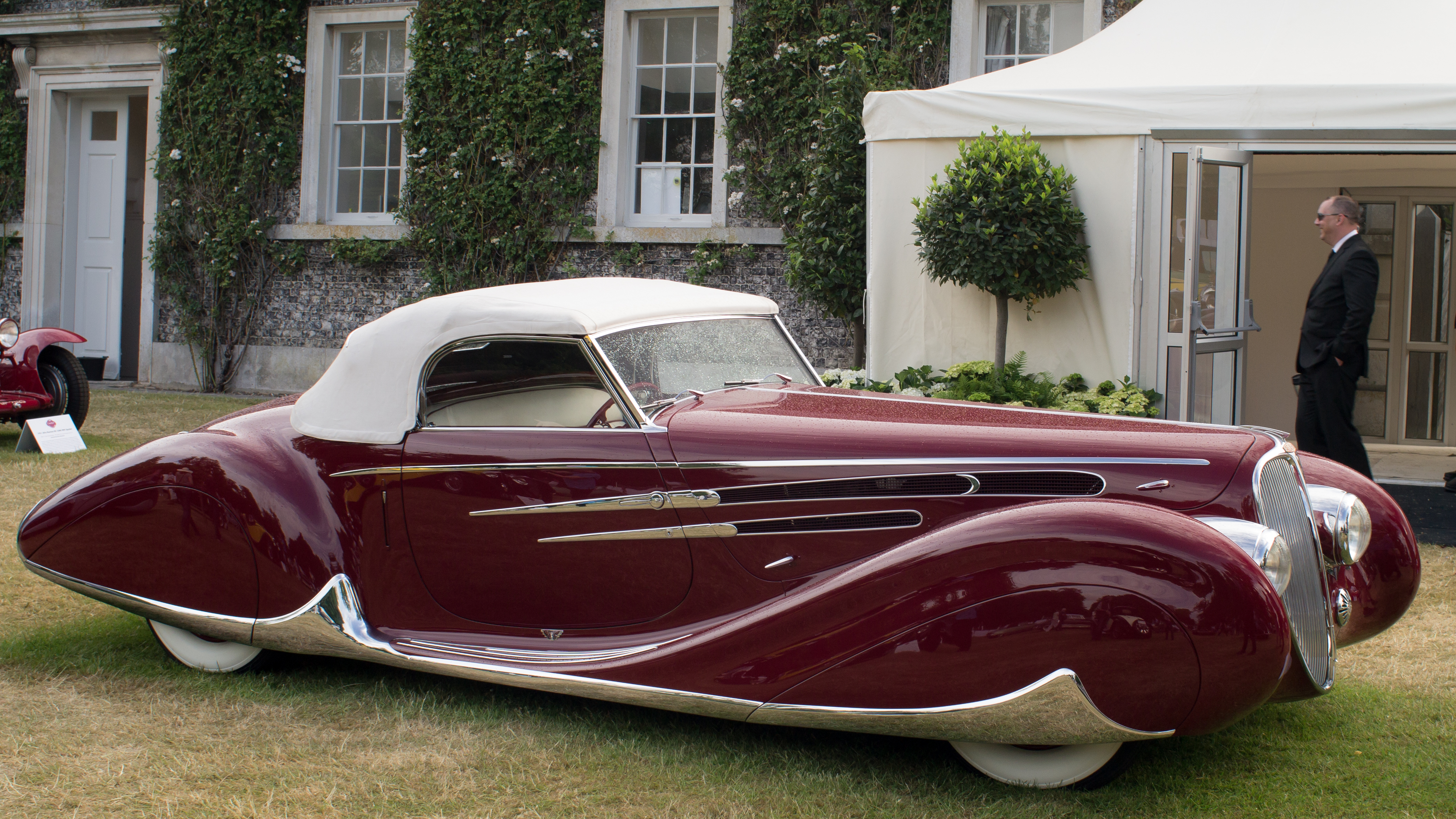
Electric vehicles (EVs) are transforming the automotive industry, and as their popularity surges, the competition is intensifying. Leading this electrifying journey are Tesla and its rivals, including Kia, Hyundai, and Genesis, each offering unique qualities that cater to diverse consumer tastes. This article explores the standout features and strengths of these brands, shedding light on what sets each apart in this vibrant market.

1. **Tesla Model 3 Standard Range**: Setting the standard in the world of electric cars, the Tesla Model 3 Standard Range delivers remarkable performance for a broad audience. Priced at $41,630, it balances affordability with efficiency, boasting a range of 272 miles and a zippy 0 to 60 mph time of just 5.8 seconds. With access to Tesla’s extensive Supercharger network, this model proves to be a practical and convenient choice for everyday driving.
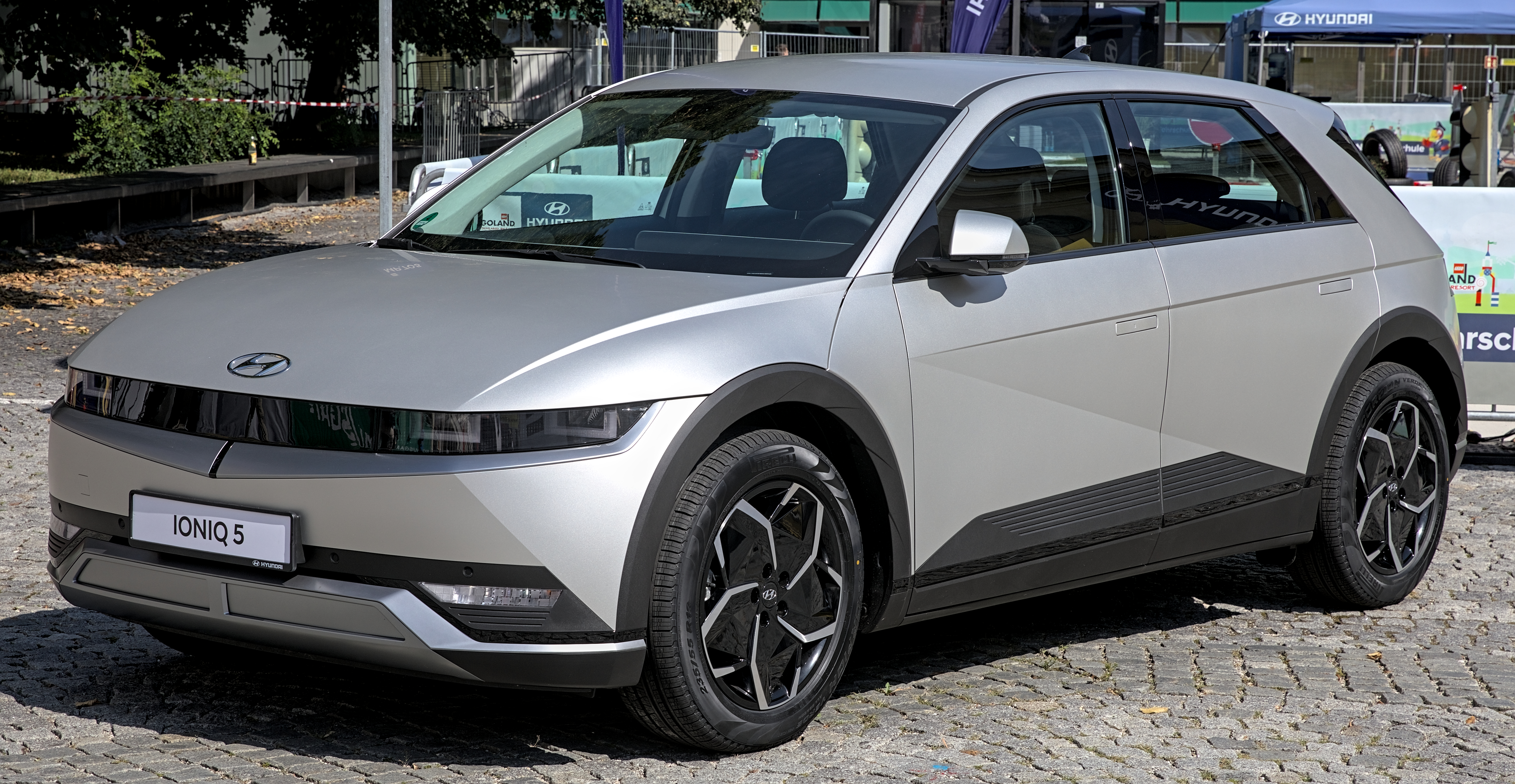
2. **Hyundai Ioniq 5**: This stylish EV has captured hearts since its launch, boasting a standout design and a range of 303 miles. Priced at $43,195, the Ioniq 5 combines aesthetics with practicality, offering rapid charging capabilities and a user-friendly tech suite. It’s a vehicle that not only excels in performance but also provides the comfort and features that modern drivers seek.
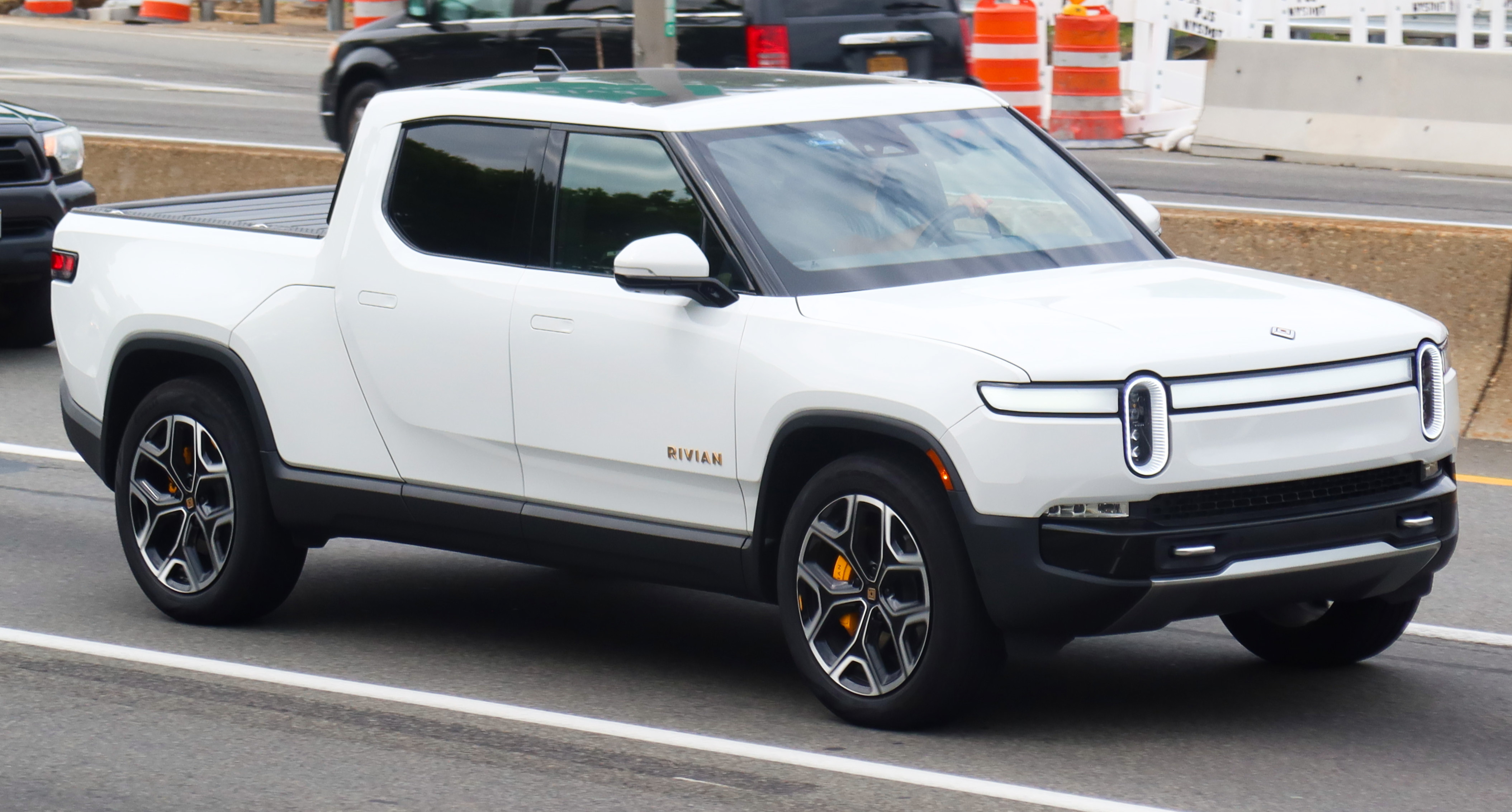
3. **Rivian R1T**: The Rivian R1T embodies the spirit of adventure, designed for those who have a passion for exploring the great outdoors. With a robust design and an impressive range of up to 420 miles, it’s the ideal companion for eco-conscious adventurers. Starting at $71,700, it comes equipped with premium features, including innovative storage solutions and cutting-edge technology that enriches the overall driving experience.
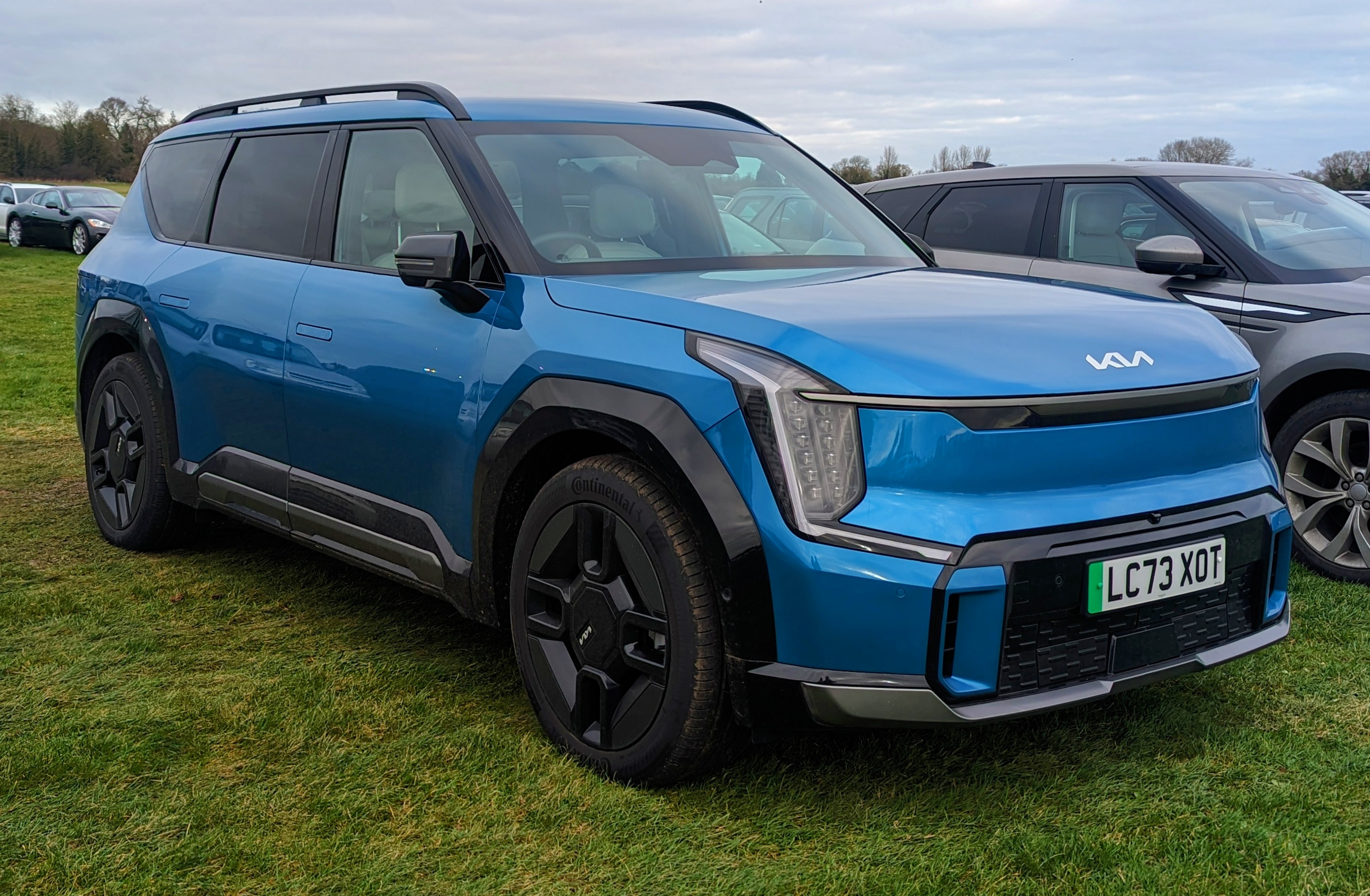
4. **Kia EV9**: Family-oriented buyers will appreciate the Kia EV9. With three-row seating and a price tag starting at $56,395, it’s designed for urban utility without compromising on style. The EV9 offers a variety of configurations, making it a versatile choice for families looking for a spacious and modern electric SUV. Its fast charging capabilities and advanced driver-aid technologies add to the appeal.

5. **Hyundai Kona Electric**: For those on a budget, the Hyundai Kona Electric stands out as an attractive choice. With an inviting starting price of $34,070 and a commendable range of up to 261 miles, this compact SUV merges modern features with affordability. It’s perfect for city driving while also providing ample space and comfort for daily needs.
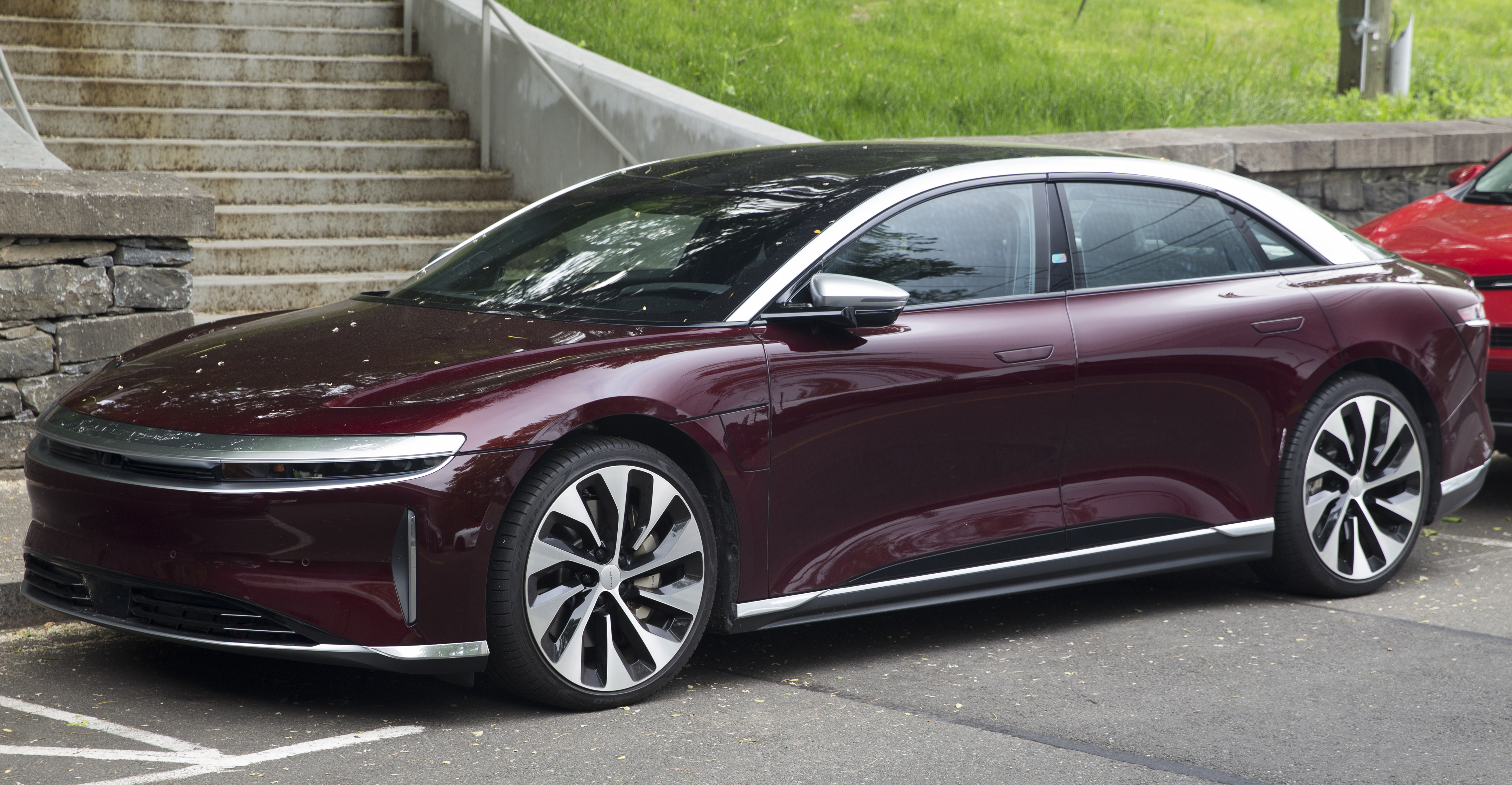
6. **Lucid Air**: If luxury is the name of the game, the Lucid Air is hard to overlook. With a staggering range of up to 516 miles and a starting price of $71,400, it’s the most energy-efficient EV available today. The Lucid Air combines opulence with cutting-edge technology, making it a premier choice for those who want to travel in style and comfort.

7. **BMW i7 xDrive60**: BMW’s foray into the electric market is truly impressive. The i7 delivers a lavish experience with state-of-the-art technology and substantial power. Priced from $125,195, it is tailored for consumers in search of a high-end electric vehicle that excels in both luxury and performance without compromise.

8. **Tesla Model Y Long Range AWD**: Building on the success of its sibling, the Model Y offers a spacious and innovative electric SUV experience. With a range of 330 miles and a starting price of $51,880, it appeals to those wanting an SUV that combines the perks of Tesla’s technology with practicality. Its roomy interior makes it a favored option for families and adventure seekers alike.

9. **Porsche Taycan GTS**: For performance enthusiasts, the Porsche Taycan GTS offers a thrilling experience. Priced at $140,950, it delivers on both speed and design. With a 0 to 60 mph time of just 3.5 seconds and dynamic handling, the Taycan is the perfect vehicle for those who prioritize driving pleasure above all else.

As we explore the varied offerings from Tesla and its competitors, it becomes clear that individual preferences will guide the decision-making process. Whether your inclination is towards Tesla’s unparalleled performance and technology, Hyundai’s stylish practicality, or the luxury provided by Genesis and Rivian, the EV landscape has something to satisfy every driver’s unique needs.

The electric vehicle revolution is gaining momentum, and as consumers weigh their options, understanding the core differences between these brands is essential for making informed choices. The automotive landscape is continuously evolving, offering ample opportunities for drivers to discover the EV that aligns seamlessly with their lifestyle ambitions. This competitive environment isn’t just a race for market share; it’s a collective stride towards a sustainable and thrilling future in transportation.

10. **Performance Metrics That Matter**: Delving into the specifics of electric vehicles reveals that performance metrics are vital in the buying process. Attributes such as acceleration, handling, and overall driving dynamics play a significant role in influencing a buyer’s choice. While Tesla models, including the Model 3 and Model Y, are renowned for their swift acceleration and nimble handling, competitors like the Porsche Taycan GTS provide an exhilarating driving experience with precision that enthusiasts seek. Each electric vehicle brings unique performance characteristics that cater to various driver preferences, making this aspect a crucial consideration.

11. **Charging Infrastructure**: The ease of charging is paramount for any electric vehicle owner. Tesla has set the standard with its extensive Supercharger network, which provides fast charging options across the country. On the other hand, newer contenders like Hyundai and Kia are rapidly expanding their charging solutions, including compatibility with various networks. As consumers weigh their options, the availability of convenient charging stations can be a decisive factor in their vehicle choice.

12. **Interior Comfort and Technology**: Interior features can make or break the driving experience. With brands like Genesis and BMW, luxury is at the forefront, offering plush interiors and state-of-the-art technology. For instance, the BMW i7 xDrive60 impresses with an abundance of tech features and comfort, while the Hyundai Ioniq 5 balances modern amenities with user-friendly interfaces. Buyers must consider what interior elements matter most to them, whether it’s high-end materials, spaciousness, or cutting-edge infotainment systems.

13. **Value for Money**: As electric vehicles become more mainstream, the price versus features equation becomes more vital. The Hyundai Kona Electric stands out for its affordability while still delivering a respectable range and tech features suitable for daily driving. Conversely, luxury models like the Lucid Air and BMW i7 offer exceptional performance but come with a hefty price tag. Assessing what constitutes a good value can vary widely among buyers, making it essential to analyze the balance of features and pricing in the competitive EV market.

14. **Resale Value Considerations**: As with any vehicle, the potential resale value is an essential consideration. Brands like Tesla have established a strong resale market due to their brand reputation and performance metrics. Meanwhile, newer entrants like Rivian and Lucid are still establishing their foothold in this regard. Understanding how a vehicle’s depreciation may impact future financial decisions can play a key role in the purchasing process, especially for those who like to upgrade frequently.

15. **Driving Range and Everyday Usability**: While performance metrics are exciting, the practical aspects of everyday usability cannot be overlooked. Many buyers look for vehicles that can comfortably meet their daily driving needs without frequent charging stops. EVs like the Tesla Model Y Long Range offer a balanced approach with a solid range of 330 miles, suitable for both daily commutes and longer trips. In contrast, models like the Rivian R1T, with a range of up to 420 miles, cater to adventure seekers who require extensive range for outdoor exploration.

16. **Ecological Impact**: As more consumers become environmentally conscious, the ecological footprint of their vehicle choice is a significant consideration. Electric vehicles, by their nature, present a more sustainable option compared to traditional gasoline-powered vehicles. Brands like Hyundai and Kia emphasize their commitment to sustainability throughout their manufacturing processes, which can resonate with buyers looking to make a responsible choice for the planet.

17. **Customer Support and Warranty**: Lastly, the level of customer support and warranty offered by automakers can influence buying decisions. Tesla, with its direct-to-consumer sales model, provides unique customer service experiences. Kia and Hyundai, known for their extensive warranties, deliver peace of mind regarding maintenance and repairs. It’s worthwhile for buyers to consider these factors, as they can significantly impact the ownership experience over the long haul.

The electric vehicle market is flourishing, boasting a multitude of options from Tesla and its formidable rivals. Selecting the right vehicle ultimately hinges on personal values and priorities, whether they lean towards luxury, performance, or style. Grasping these key distinctions and features empowers buyers to make educated decisions that align with their lifestyle goals. The dynamic electric vehicle landscape is more than just a competitive battleground; it’s a shared vision for a sustainable future in transportation.
Related posts:
Best Electric Cars and EVs for 2024
I drove Mercedes’ $100,000 Tesla rival and loved almost everything about it except its controversial
I drove a $400,000 Rolls-Royce and a $140,000 Mercedes and found what the extra $260,000 gets you



